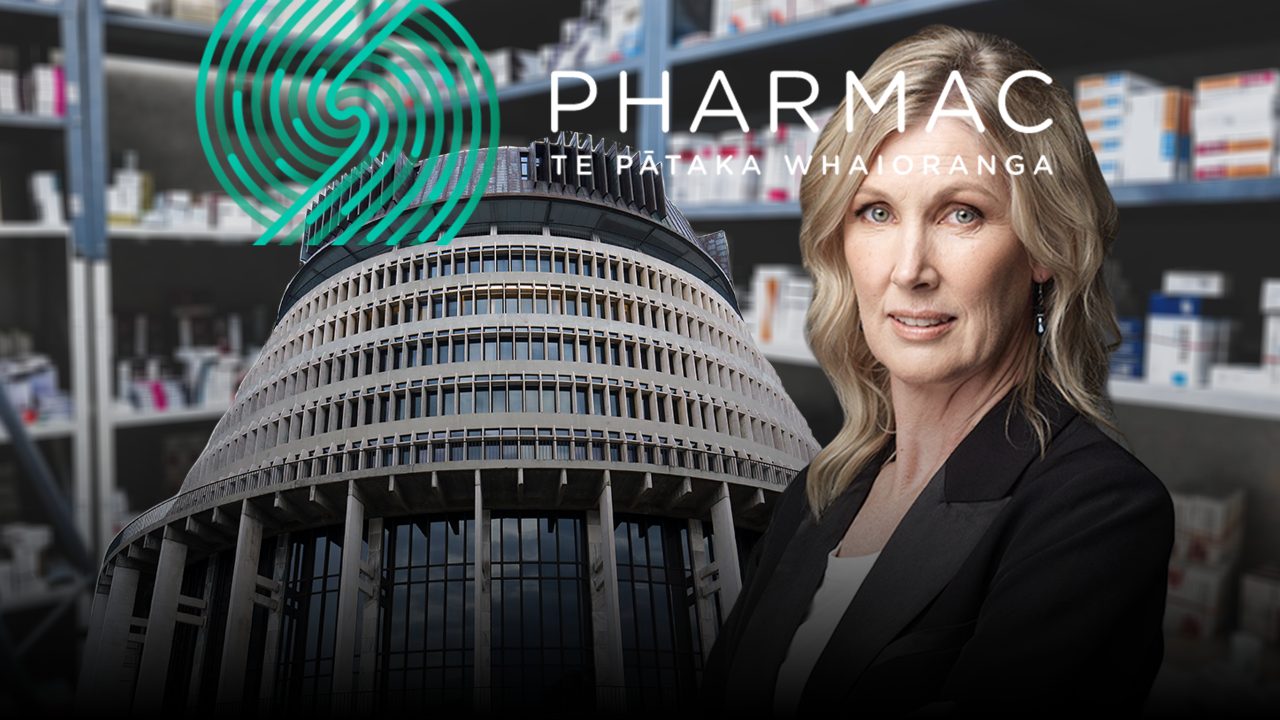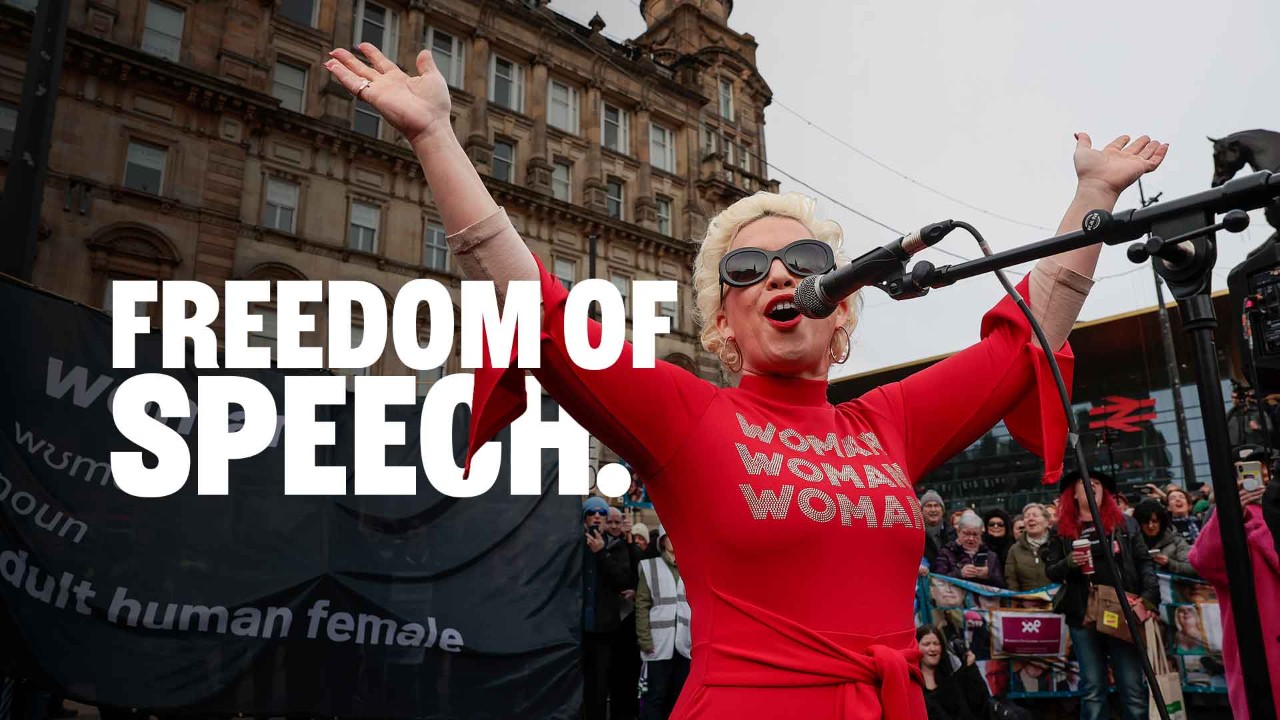OPINION: There is much that troubles me about the latest download of official information from the Government.
This time it was the diligent work of Guyon Espiner at RNZ who uncovered the latest revelations.
He delves into some of the lobbying firms and the advice they offer, including how to avoid being accountable, and some of the protection mechanisms they put in place to cover up under-performance. Pharmac is, perhaps not surprisingly, one of those entities.
The dump of information served up by an Official Information Act request reveals the level of energy, funding, and time that Pharmac puts into defending its performance and denying its failings. It must be exhausting, but it does give some understanding of why we have a large list of medicines and cancer treatments languishing on our waiting list, and why little attention is given to improving our access to modern treatments.
It reveals how Sarah Fitt, Pharmac's CEO, and Steve Maharey, the Chair, are told to "look hurried" and leave Health Select Committees quickly to avoid answering any questions about Pharmac's underperformance. The OIA reveals how Fitt also asks communication teams to help her explain why it's taken Pharmac 25 years to fund EpiPens-- she wants something "a bit snappier" she says. And they talk about getting her in Women's Weekly - a nice story that softens Fitt's image. And so it goes on.
And while all this goes on, Pharmac continues to position us at the bottom of the western world for access to medicines. And how do we change that? I ask that as an exasperated journalist who’s spent more than two years researching this entity, pointing out failing, after failing, after failing.
There are so many people who want change. I have talked to people who’ve worked for Pharmac. I’ve talked to academics. I’ve talked to politicians. I’ve talked to industry experts from Australia, the US and England. I’ve spoken to some of the biggest names who are running our private clinics and I've heard and understood how Pharmac fails patients.
I’ve engaged with Te Whatu Ora. I’ve spoken to neurologists, oncologists, gastroenterologists, haematologists and paediatric neurologists. I’ve had coffee with GPs, numerous patient advocacy groups and experts in bowel, gut, head and neck, prostate, brain, lung, kidney, breast and esophageal cancers.
I’ve reported on several rare disorders, on Type 1 and Type 2 diabetes and on the dangers of untreated and life-threatening anaphylaxis. I’ve researched and reported on the impact of unfunded medicines on people with Crohn's disease and ulcerated colitis, on rheumatoid arthritis, Duchenne’s muscular dystrophy and MS and SMA….and many, many, other conditions.
I’ve spoken with health economists, drug developers and CEOs of pharmaceutical companies who’re still grinding away at the door of Pharmac, or who’ve given up and walked away from Pharmac and New Zealand after spending years trying to get a meeting. Just one meeting.
I understand how flawed and archaic Pharmac's funding methodology is. Sometimes, it’s costing us more to keep people sick and in our hospital system. It would save our economy to fund some of these drugs. I understand, too well, the brutality and finality of how Pharmac engages with patients. I understand the impact of funding cheap generics, some of which cause reactions in patients when, for a few dollars more, Pharmac could buy a better drug. I understand the dire implications of not having a medicines strategy or a plan for the future. And it remains a key frustration of mine that there is no solution-focused leadership from Pharmac's senior executive to consider how we might clear the waiting list.
I have read the Pharmac Review - several times - and noted the many, many failings that were highlighted. And since June I’ve asked for interviews with Sarah Fitt and Steve Maharey. Fitt sits behind a wall of protection these days, and Maharey won’t reply. He doesn’t even respond to emails. Neither believes they have to answer to the public who pays them.
All of the stalling tactics that Guyon has highlighted in his report yesterday are everything I’ve experienced and more in my dealings with Pharmac. Stalling tactics. Avoidance. Pharmac’s communications team is hostile and despite several OIA's exposing inept and aggressive behaviour (remember, this is the team that gagged Cystic Fibrosis New Zealand and made patients watch the 6 o’clock news to hear their fate) it is clearly behaviour that is endorsed and enabled by Pharmac's executive. All of those advisors retain their positions. We still have to deal with them knowing what they have written about us.
So you tell me – what do I do now? What more can I do? I took the issue to the Beehive two weeks ago to speak to the Prime Minister. He stated that it was his expectation that Pharmac would be open, accessible, and transparent – and despite the Prime Minister giving that clear instruction to Pharmac, they continue to deny or not respond to requests for answers.
And so it is that New Zealand sits at the bottom of the western world for access to modern medicines. That is something we should be deeply ashamed of. Pharmac’s objectives have not changed since the 1990s. Medical science has moved on massively, and Pharmac has not moved with it.
And so it is that you and I must carry the burden of that.
Who does this rest with now? Is it Peter Hughes? The State Services Commissioner? Is this what an open and transparent public service looks like under his watch? Is it Chris Hipkins? The Prime Minister? Is this what an open and transparent government looks like under Chris Hipkins' leadership?
I don’t know what more I can do.
And every day, New Zealanders die too soon or suffer needlessly because of Pharmac’s failures and refusal to change or engage.
No answers. No accountability. No transparency. This is the public service we live with today, New Zealand.
SIGN UP TO OUR NEWSLETTER.
Stay in the loop on some of the most important things happening at Today FM - whether it be the biggest news stories, host opinions or the latest on what you need to know about happening on air and on our website. Sign up here.











